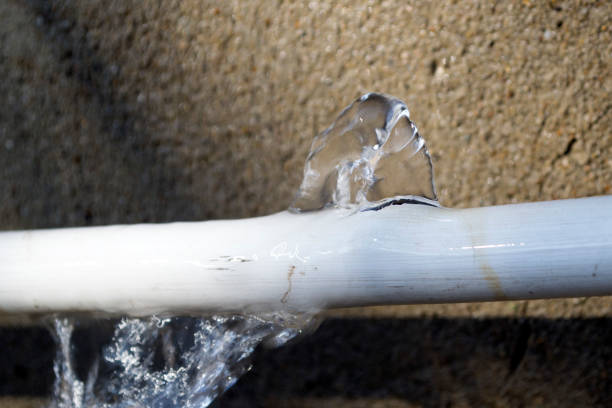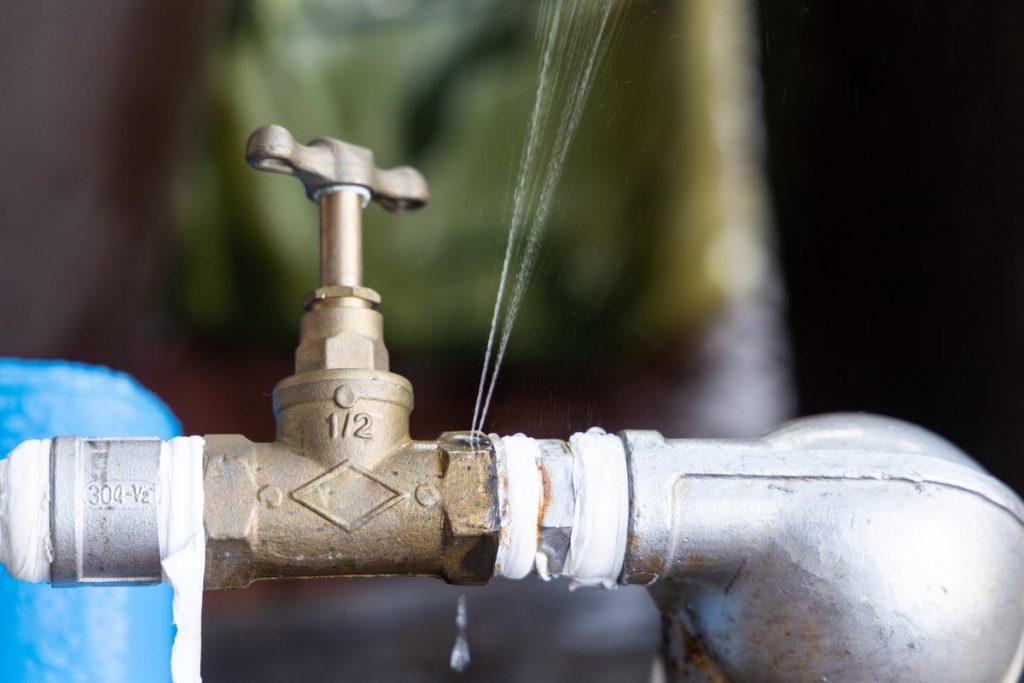Effective Methods to Address Plumbing Issues in Older Homes
Effective Methods to Address Plumbing Issues in Older Homes
Blog Article
We have stumbled on this great article relating to Main Plumbing Issues Found in Old Houses directly below on the internet and accepted it made good sense to discuss it with you over here.

Older homes frequently feature charm, personality, and background, however they can also bring a host of plumbing problems. Whether you're handling aging pipelines, low tide stress, or leakages, knowing how to attend to these common troubles is crucial to keeping a risk-free and useful home. In this overview, we'll check out the normal pipes obstacles encountered by older homes and offer practical options to maintain your pipes in leading shape.
Comprehending Typical Pipes Issues
Aging Pipelines
One of the most typical concerns in older homes is maturing pipelines. Depending upon the age in which your home was built, the pipes could be made from materials that have actually deteriorated over time, such as galvanized steel, cast iron, or even lead. These products can corrode, become fragile, or create leaks, leading to water damage and potential carcinogen.
Water Top Quality Testing
Older pipes can affect the quality of your water. Conduct a water high quality examination to check for pollutants such as lead, corrosion, or various other impurities that might be introduced by aging pipelines.
Solutions for Usual Plumbing Issues
Changing Aging Pipelines
If your home has old, wearing away pipes, consider replacing them with modern-day products like copper or PEX. This can be a substantial investment, however it will certainly avoid future concerns and boost the safety and integrity of your pipes system.
Repairing Low Tide Stress
To repair low water pressure, begin by cleaning or changing old components and eliminating mineral build-up in the pipelines. If the problem persists, it might be needed to replace areas of rusty pipelines.
Repairing and Replacing Dripping Pipelines
For small leaks, you can use pipe clamps or epoxy putty as a short-lived solution. However, it's ideal to change leaking pipes entirely to avoid additional damage.
Updating Fixtures
Upgrading old components to modern-day, water-efficient models can enhance your home's plumbing efficiency and reduce water usage. Seek components with the WaterSense tag for the best efficiency.
Taking Care Of Pipe Rust
If your pipelines are corroded, replacing them with corrosion-resistant products like copper, PVC, or PEX is the very best service. Routine inspections and water top quality maintenance can assist prevent even more rust.
Low Tide Stress
If you're experiencing low water pressure, maybe as a result of mineral deposits, corrosion inside the pipelines, or old fixtures that are no longer functioning effectively. This can be a major aggravation, especially in locations like showers and sinks.
Leaking Pipelines
Leaks are one more regular concern in older homes, frequently triggered by corroded or damaged pipelines. Even little leakages can cause considerable water damages, mold and mildew development, and raised water expenses otherwise addressed without delay.
Outdated Components
Out-of-date pipes components such as taps, bathrooms, and showerheads not just look old yet might additionally be much less effective, susceptible to leaks, or inappropriate with modern-day pipes requirements.
Pipeline Rust
Corrosion is a typical issue in older pipes, specifically those made from galvanized steel or actors iron. Rusty pipes can limit water circulation, create discoloration, and eventually result in leakages or pipe ruptureds.
Evaluating the Condition of Your Pipes
Evaluating Visible Pipelines
Beginning by checking any noticeable pipes in your house, such as those in basements, crawl spaces, or under sinks. Seek indications of deterioration, leaks, or rust, which can indicate underlying issues.
Checking for Leaks
Check for leaks by examining areas around faucets, toilets, and under sinks. You can additionally monitor your water meter before and after a duration of no water use to detect concealed leakages.
When to Call an Expert
While some plumbing concerns can be taken care of with do it yourself remedies, there are times when it's finest to hire a professional. If you're dealing with major leaks, considerable rust, or are unsure regarding the problem of your pipes, a certified plumber can supply expert evaluation and repair.
Preventive Maintenance Tips
Regular Assessments
Frequently check your plumbing system for indicators of damage. Catching issues early can protect against costly repair work down the line.
Water Pressure Regulation
Ensure your water pressure is within the recommended array to prevent emphasizing your pipes and components. A plumber can install a stress regulator if needed.
Water Quality Maintenance
Install water filters or conditioners if your water high quality is poor. This can safeguard your pipelines and components from damages brought on by difficult water or impurities.
Aggressive Pipeline Replacement
If your home has very old pipelines, take into consideration proactive replacement prior to major issues occur. This can save you from emergency situation fixings and water damage.
Conclusion
Dealing with pipes problems in older homes calls for a combination of caution, preventative maintenance, and prompt upgrades. By understanding the typical difficulties and knowing when to seek professional help, you can ensure your pipes system stays practical and trustworthy for several years ahead.
Common Plumbing Issues in Older Homes
Pipe corrosion
Pipe corrosion is a common plumbing issue in older homes. Several factors can cause pipes to corrode:
Water: Ironically, water is the number one cause of pipe corrosion. When water seeps into cracks in pipes, it can cause the metal to rust and break down, leading to leaks or even burst pipes.
Oxygen: Oxygen is another significant culprit in pipe corrosion. When oxygen interacts with water, it can cause the metal to oxidize and weaken.
Chemicals: Chemicals such as chlorine and fluoride can also contribute to pipe corrosion. These chemicals can react with the metal in pipes, causing them to break down over time.
Leaky pipes
Pipes that leak is one of the most common plumbing issues plaguing residents of older houses. While a small leak may not be a problem initially, it can lead to significant problems if left unaddressed. In addition, water damage can be very costly to repair and may cause damage to electric fixtures, promote mold growth and cause many other issues.
Worn-out fixtures
Older homes often have worn-out fixtures which may need replacement. Over time, the finishes on fixtures can wear down, exposing the underlying metal to corrosion. This can cause fixtures to leak or even break completely. It s best to have a professional plumbing contractor regularly inspect the fixtures in older homes and replaces them if necessary.
Faulty water heaters
A leaky water heater can cause severe damage to the home as it can be both a flood and fire hazard. Call a plumber immediately if it appears that the water heater might be leaking.
If the heater isn t working correctly, it could be because the pilot has gone out. The pilot light going out may indicate gas supply issues or leaks. It is also worth checking the thermostat to see if it needs to be adjusted.
If the water heater is making strange noises, it could be due to sediment buildup in the tank. Sediment can interfere with the heating elements and cause them to overheat. Overheating can damage the tank and shorten the lifespan of the water heater.
https://www.norfleetfamilyplumbing.com/blog/common-plumbing-issues-in-older-homes

I stumbled upon that entry about Common Plumbing Problems in Older Homes while doing a lookup on the web. Do you know someone else who is serious about the niche? Please feel free to share it. Thanks so much for going through it.
Visit Site Report this page